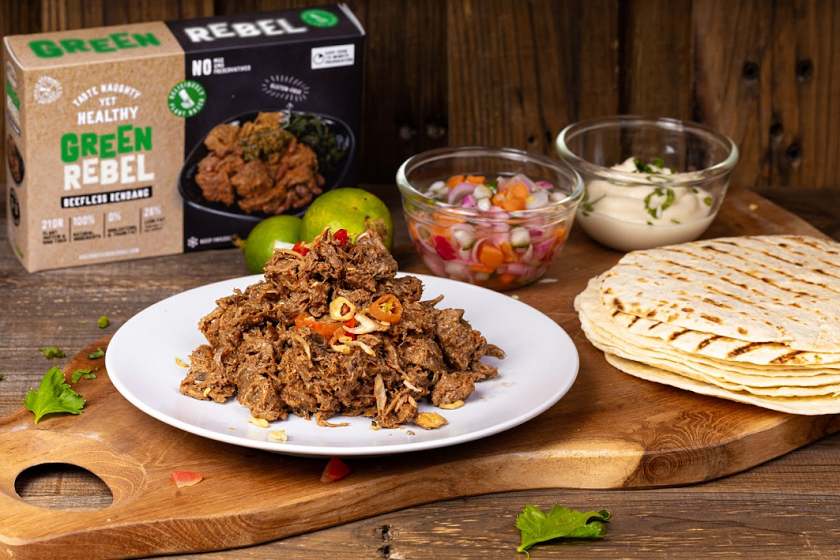
As the new year unfolds, many Filipinos are looking to start fresh and make positive changes to their lifestyles. One popular trend among health enthusiasts is the adoption of a flexitarian diet. Unlike strict vegetarianism or veganism, flexitarians strive to reduce their consumption of meat and increase their intake of plant-based alternatives.
While this plant-based lifestyle is gaining popularity, many people in the Philippines may still find it challenging to fully embrace. This can be due to a lack of knowledge about plant-based options or a lack of availability of these options in local markets. However, with the growing interest in this lifestyle, more resources and options are becoming available for those looking to make the switch.
So, for those looking to spice up their new year, consider making the switch to a more plant-centric lifestyle. Not only can it be beneficial for your health, but it can also be a fun and delicious way to explore new cuisines and flavors.
The Hurdles of Switching to Flexitarianism in the Philippines
The Philippines is well-known for its delicious and flavorful cuisine, with many dishes heavily featuring meat, such as pork sinigang, chicken adobo, and caldereta. This can make it difficult for Filipinos to reduce their consumption of meat and transition to a flexitarian lifestyle.
One of the major challenges in adopting a flexitarian diet is accessibility, affordability, and practicability. Many people in the Philippines may find it difficult to afford expensive alternatives to meat and other animal-based ingredients, especially if they are living on a tight budget. Eating out at plant-based restaurants can also be a challenge, as they may be few and far between.
Additionally, there are misconceptions surrounding plant-based diets that can make it hard for people to make the switch. Some people believe that plant-based diets don’t provide enough nutrients, but in reality, consuming a variety of fruits, vegetables, and other plant-based foods can provide the same amount of protein and other nutrients as animal meat and products.
For those looking to make the switch to a more plant-centric lifestyle in the Philippines, it’s important to be open-minded and to educate oneself on the various options available, as well as the benefits of a flexitarian diet. With more resources and options becoming available, it’s becoming easier than ever to embrace a new way of eating.
Green Rebel: Breaking Barriers and Revolutionizing The Plant-Based Industry
The start of a new year is a time for fresh beginnings, and for many people, that includes reevaluating their dietary choices. One trend that has been gaining popularity in the Philippines is flexitarianism – a diet that emphasizes reducing meat consumption and increasing the consumption of plant-based alternatives. However, for many Filipinos, the idea of switching to a plant-centric lifestyle can be daunting due to a lack of resources, accessibility, and misconceptions about plant-based diets.
Enter Green Rebel, a Southeast Asian startup that offers a wide range of plant-based products based on Asian cuisines. With their proprietary technology, Green Rebel is able to create whole-cut plant-based beef and chicken with a fibrous texture and “meaty” bite. Some of their signature products include the Green Rebel Beefless Rendang, a vegan version of the Indonesian favorite, and the Green Rebel Chick’n Katsu, a Japanese breaded classic.
Green Rebel’s co-founders, Max Mandias and Helga Angelina Tjahjadi, have stated that their mission is to make plant-based protein more accessible through a lower price point to the general public. To that end, Green Rebel has partnered with Vegore & Mayani, a local e-commerce platform, to bring their products to the Philippines.
Filipinos will soon have access to Green Rebel’s meat-free products at their favorite restaurants and retailers, as well as through the Mayani and Vegore apps. With the goal of revolutionizing the plant-based industry and making it more accessible and affordable for all Filipinos, Green Rebel is poised to make a big impact in the Philippines and beyond.


